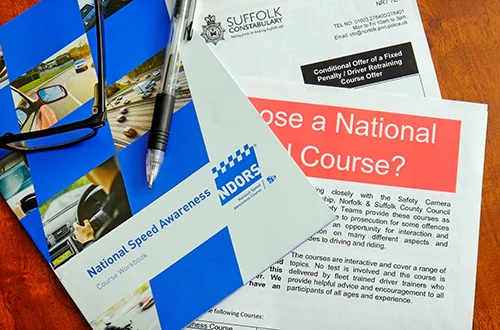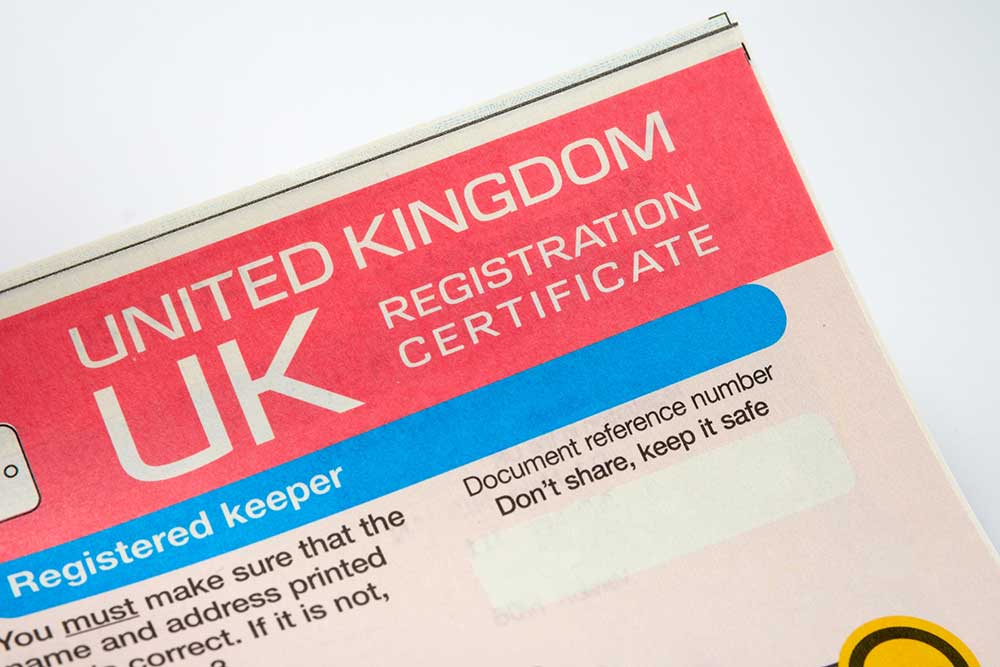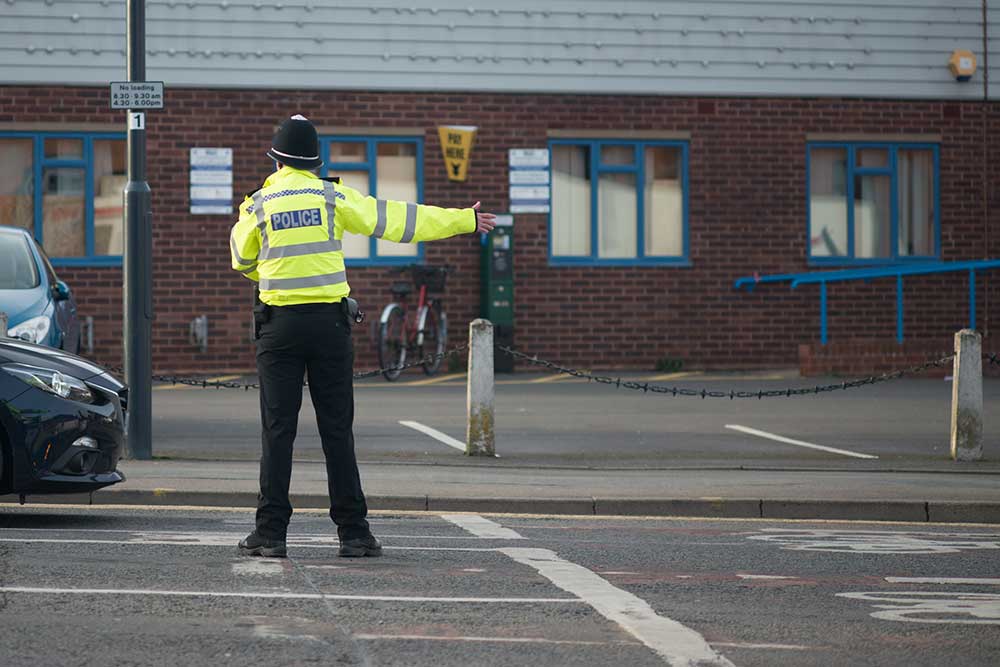Speed Awareness Courses: What You Need to Know


Navigating the complexities of UK traffic regulations, Motorscan unveils all the crucial information on speed awareness courses. Our comprehensive guide explores eligibility criteria for drivers facing the possibility of attending these courses, shedding light on the entire process, from the benefits to the costs and providing valuable insights into what lies ahead!
In the bustling world of driving in the UK, our country’s traffic regulations are ever-evolving. One such development is the speed awareness course, and for any driver caught exceeding the speed limit, the prospect of attending one of these courses looms on the horizon. At Motorscan, we’re here to unravel the complexities of these alternative penalties through our comprehensive guide by exploring why you may be offered a speed awareness course and why you might not, and we’ll demystify the entire process, offering valuable insights into what to expect!
Speed awareness courses were introduced in the UK in 2006 and are a voluntary alternative to penalty points for eligible drivers exceeding the speed limit. Its purpose is to re-educate the driver instead of relying solely on traditional fines and points by promoting road safety education and raising awareness about the consequences of speeding.
Not everyone will be given the option of a speed awareness course, which is generally determined by the specific police force handling the offence (under the specific guidelines set out by the National Police Chiefs’ Council (NPCC)). Even if you fall within the limits of being eligible for the course, it will be down to the discretion of the local police force to decide. Typically, the eligibility guidelines include:
The process of being referred to a speed awareness course begins with being caught for a minor speeding offence, typically through speed cameras or manual checks. Once eligibility is confirmed, the police issue a Notice of Intended Prosecution (NIP), presenting the driver with options. If eligible, the police may offer the driver the opportunity to take part in a speed awareness course as an alternative to receiving a fine and penalty points. The driver then decides whether to accept the course, ensuring they book and complete it within a specified timeframe, or decline the invitation, choosing the traditional penalty instead. Again, specific procedures can vary across local jurisdictions, making it essential to review the specific details provided by the police in the area where the offence took place.
Attendance is usually offered as an alternative to receiving a fine and penalty points on a driving record and is entirely voluntary. Drivers have the option to decline and choose the traditional penalty and fine.
The specifics of speed awareness courses can vary based on the course provider and region. Generally, these courses cover the same topics, such as the consequences of speeding, the benefits of speed limits, the physics of stopping distances, the impact of speeding on other drivers, road safety principles, and driver attitudes and responsibility. Courses are commonly conducted in a classroom or online setting, involving discussions, presentations, and potential interactive activities. Some courses may also include short breaks to maintain participant engagement.
Speed awareness courses are typically three to four hours, with the exact length often differing between regions. Consequently, it’s advantageous to check with the provider in the region where the offence occurred.
Participating in a speed awareness course offers numerous benefits, including avoiding penalty points and fines for speeding offences. Educational aspects provide participants with a deeper understanding of the consequences of speeding and the impact on others and cover topics such as increased accident risks, the physics of stopping distances, and general road safety principles. Attendees can also experience potential behavioural and driving habit changes, including a shift in attitudes towards safer driving and adopting strategies to reduce the likelihood of future speeding incidents.
Each regional course provider sets the cost associated with attending a speed awareness course. Prices can, therefore, vary between counties. Typically, though, the cost ranges from £80 to £100.
The booking process usually involves an individual responding to an NIP within a specified timeframe confirming acceptance to attend the course. Booking is generally done online or by contacting the course provider directly, with payment of the course fee being made. Once booked and paid, participants receive details about the course date, time, and location and are expected to attend the session in person. It’s essential to understand and follow the instructions provided by the authorities and the course provider throughout the process.
Many providers understand that participants may face unforeseen circumstances and may allow rescheduling under certain conditions. However, it depends on the policies of the specific course provider, making it essential to check the provider’s terms and conditions for rescheduling and contact them directly to discuss your situation. Some providers may allow rescheduling with advance notice, while others may have fees or specific conditions associated with any changes.
Failing to complete the course may result in the standard penalty points, fine, and potential court proceedings associated with the original speeding offence. It’s, therefore, essential for individuals to attend and fulfil course requirements to receive the benefits.
Attending a speed awareness course is likely to have a neutral or positive impact on car insurance premiums compared to receiving penalty points and fines for speeding offences. Indeed, many insurance providers view participation in speed awareness courses as a proactive step toward improving driving behaviour, so they may not consider attendance a negative factor when assessing risk. However, it’s recommended that drivers check with their specific insurance provider for details, as insurance companies can vary.


